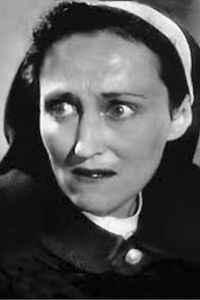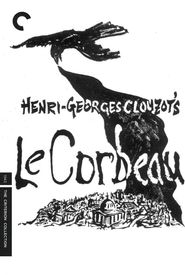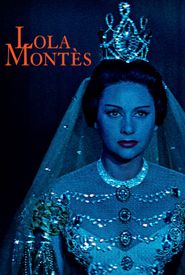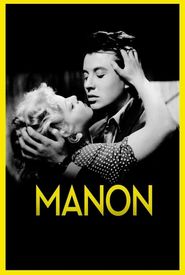Born in Caracas, Venezuela, a young and resilient Elena, later to be known as Héléna, miraculously survived an earthquake that ravaged her hometown. She subsequently found a new sense of security and belonging at the homes of her uncle in New York City and later at the residence of another relative in La Chaux de Fonds, Switzerland.
As a child, Héléna demonstrated a profound appreciation for the performing arts, and this early fascination with theater would eventually guide her to enroll in the Conservatoire de Genève, where she received rigorous training in the art of acting.
Upon completing her studies, Héléna was soon hired by the esteemed Pitoëff company, and it was during her time with this prestigious organization that she made her mark on the stage, playing the role of the ingénue in the renowned French-speaking production of Pirandello's "Six Personnages en Quête d'Auteur".
Throughout her illustrious career, Héléna appeared in a vast array of plays, including "La Tournée des Aveux", in which she starred alongside the renowned Louis Jouvet, and "Romeo et Juliette", where she portrayed the iconic role of Lady Capulet in 1937.
In more recent years, Héléna had the privilege of working alongside the acclaimed Roger Planchon in the production of "L'infâme", in which she brought to life the character of the mother of the monstrous curé d'Uruffe.
In addition to her work on stage, Héléna also showcased her talents as a poet, reciting her original works in several Swiss towns under the title "De Villon à nos Jours".
On the silver screen, Héléna made over a hundred appearances, lending her voice to numerous French-language dubbing projects and appearing in a variety of films. While she may not have been a household name, Héléna was in high demand as a dependable and versatile supporting actress.
One of her most memorable performances was in Clouzot's "Le Corbeau", in which she portrayed the wrongly accused nurse Marie Corbin, a role that has left a lasting impression on audiences to this day.































